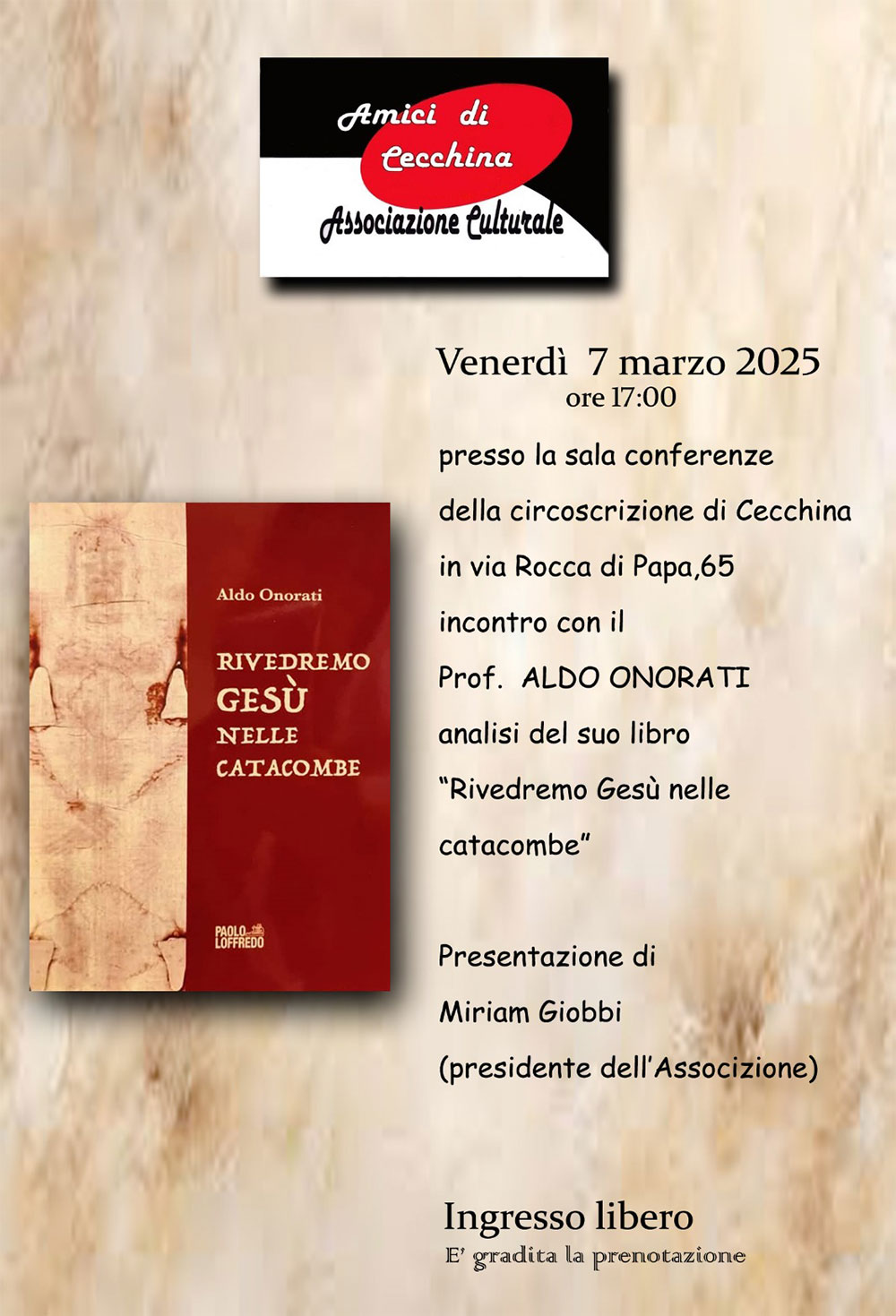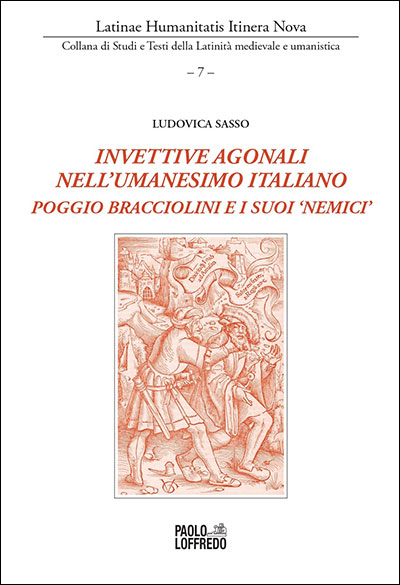 Paolo Loffredo, sixth generation of a large family of publishers and booksellers engaged in the production and distribution of books since the late nineteenth century, creates in 2012 the new editorial company Paolo Loffredo Editore. The historical site was until the '80s in the heart of the historic centre of Naples in Via San Biagio dei Librai, lower Decumano and also known as the SpaccaNapoli.
Paolo Loffredo, sixth generation of a large family of publishers and booksellers engaged in the production and distribution of books since the late nineteenth century, creates in 2012 the new editorial company Paolo Loffredo Editore. The historical site was until the '80s in the heart of the historic centre of Naples in Via San Biagio dei Librai, lower Decumano and also known as the SpaccaNapoli.
At the beginning of the twentieth century, Giuseppe Loffredo decided to add book selling to the book production, which definitively imposed itself after World War II with the publication of manuals for the University and for the School that succeeded in establishing themselves soon throughout Italy.
LAST EVENT
"Rivedremo Gesù nelle catacombe"
07 Marzo 2025 - Sala Conferenze circoscrizione di Cecchina - via Rocca di Papa 65, Albano Laziale (RM) - ore 17,00

INVETTIVE AGONALI NELL’UMANESIMO ITALIANO
ISBN: 978 88 32193 84 8
Language: Latin, Italian
Publisher: Paolo Loffredo Editore Srl

Description
Book Preview
Reviews Invettive agonali nell'umanesimo italiano
INVETTIVE AGONALI NELL’UMANESIMO ITALIANO
The volume's protagonists are Poggio Bracciolini, an eminent representative of Italian humanism, and his main adversaries in the cultural Milieu of the early fifteenth century, i.e. other distinguished men of letters with whom the 'Florentine' was engaged in famous intellectual contests (such as Francesco Filelfo and Lorenzo Valla , but not only), testified to posterity through their mutual invectives. The volume questions the function of invectives with respect to the formation processes of the humanistic élite and their socio-historical collocation in a broader and more complex process of Wir-Bildung. In the common project of 'revival of antiquity' with respect to the medieval past and through the model of ancient rhetoric, the humanists in fact perfected their literary production and rhetorical virtuosity allowed them not only to constitute themselves visibly as an élite (above all through the practice of dialogue and epistolae Familiares), but – as such – also to resolve internal conflicts in an elaborate way.
The result of an automatism would be to identify the invectives in their most eminently deconstructive character of other people's personalities or instances, or as an instrument of contrast in competitive relationships or enmity between two individuals: the volume shows how in humanistic invectives common objectives, community values, distinctive norms of behavior were negotiated, redefined, shaped from within and for the 'insides' of the community, standing out over time more and more as a distinctive communicative practice of the humanistic peer group in case of conflicting interactions and as a signum of participation in the same community, where the protagonist role he was also covered by the bargaining of honor and prestige.
Author
Ludovica Sasso studied philology, literature and civilization of the ancient world (with a specialization in medieval Latin literature and humanities) at the Federico II University of Naples.
You worked as Wissenschaftliche Mitarbeiterin in the Sonderforschungsbereich 1285 “Invektivität. Konstellationen und Dynamiken der Herabsetzung ”of the Technische Universität Dresden, where she obtained her PhD in Medieval History and Cultures. She was co-curator of the volume “Agonale Invektivität. Konstellationen und Dynamiken der Herabsetzung im italienischen und deutschen Humanismus” and organizer of various study days. She currently works as a Wissenschaftliche Mitarbeiterin (PostDoc) at the University of Münster in the project “Türkenlyrik. Der europäische Osmanendiskurs in der lateinischen Okkasionalpoesie des Renaissancehumanismus ”, where you deal with a new monograph on this topic. Her research interests focus on the social and political history of the fifteenth century in Italy, Streitkultur in Italian humanism and the reception of the Greek-Latin tradition in Neo-Latin literature. Her contributions on the subject have appeared in specialized journals and volumes and have been presented at various national and international conferences.



